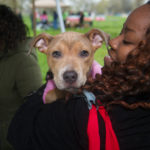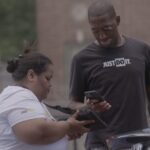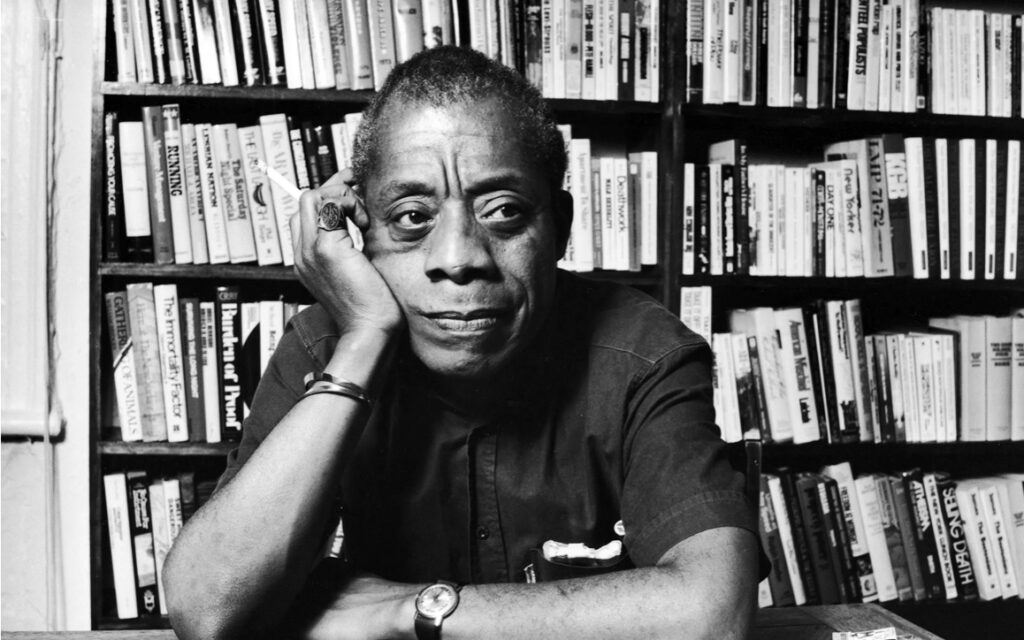
Partnership not Punishment
Partnership not Punishment How Moratoriums and Bans on neighborhood breeders endangers community-based sheltering We acknowledge that caring for companion animals within shelters is exhausting, frustrating, and





A three percent increase in adoptions among people of color would give 2 MILLION pets a loving home.
97% of Animal Welfare holds an implicit bias against individuals from low socioeconomic status, and over 65% hold implicit bias toward Latin X and African Americans.
The work we do at CARE, Human and Animal Well-Being, addresses the bias within Animal Welfare in service to the field and marginalized people and their pets.
HUMAN AND ANIMAL WELL-BEING [HAW] is a unique, six stage, method of community support and advocacy that centers the well-being of people, in contrast to Animal Welfare’s traditional animal only focus. Few organizations work in the same way as CARE. As illustrated below, we start with building trust with community members before attempting to implement programming.
Our work begins with establishing trusting relationships within marginalized and underserved communities.
Learn More
We ask those closest to community challenges for their insights by way of Community Participatory Research [CPR]
Learn More
Insights gains from CPR and other studies guide CARE’s program design, partnerships, and resource distribution.
Learn More
Community Animal CARE is a shelter intervention program that supports communities with pets and their Proximate Leaders.
Learn More
Everything we learn from our community partners and research studies is hosted and shared through The Circle of Learning and Leadership.
Learn More
People of Color and marginalized communities suffer from negative stereotypes. Our Narratives tell a truer and more beautiful story about them.
Learn More
Our programs and their missions

🚨 Philly Residents! ALERT
The backyard breeding bill was passed with support from ACCT Philly and PSCPA along with many other local Philly rescues and animal providers.
⚖ Here’s what is banned:
1️⃣ BREEDER: Allowing a puppy to be born in Philadelphia.
FINE: up to $1,000 per violation. Each puppy is up to $1,000. Second offense is up to $2,000.
2️⃣ CONSUMER: Buying a puppy, unless from a licensed kennel (word is there are virtually none in the city), shelter or rescue. Buyers must ask for and the nonprofit EIN number or kennel license number prior to purchase, retain it for the next year, and be able to produce it upon lawful request.
FINE: up to $1,000 per violation. Each puppy is up to $1,000. Second offense is up to $2,000.
3️⃣ BREEDER OR POTENTIAL RESCUER or ADOPTER: Traveling outside of Philadelphia to facilitate a puppy exchange, for the purpose of avoiding the requirements of the law.
FINE: up to $1,000 per violation. Each puppy is up to $1,000. Second offense is up to $2,000.
4️⃣ BREEDER OR POTENTIAL RESCUER: Selling or handing off a puppy inside of Philadelphia (even without profit). The only exception is if it is a one-time hand-off of a single puppy that wasn`t bred or born in Philadelphia.
FINE: up to $1,000 per violation. Each puppy is up to $1,000. Second offense is up to $2,000.
5️⃣ BREEDER OR POTENTIAL RESCUER: Advertising a puppy (either for sale or for home-to-home adoption) without putting the nonprofit EIN or kennel license number in the ad.
FINE: up to $1,000 per violation. Each puppy is up to $1,000. Second offense is up to $2,000.
❓ What are potential scenarios where we see this as a problem, not a solution?
…
In the early 2000s, Akisha Townsend Eaton made history and became the first African American in the U.S to dedicate her full-time practice to animal law.
🎓 Akisha, a local attorney from Bowling Green, KY, started her journey at the Humane Society of the United States. When she was growing up, the animal protection legal field didn`t exist — until Akisha graduated college.
“You know, you really couldn’t practice animal law or really any area of law and social justice without seeing the intersection" Eaton says. "Not a lot of people know this, but the field got its inspiration from the Civil Rights movement, as did pretty much every other social justice movement that evolved since then.”
💗 After the tragic events of Hurricane Katrina, almost 40% of the deceased victims had pets they couldn`t bring to safety. This tragedy strengthened Akisha`s mission to ensure people and their animals can live happily together.
Akisha sees her work in animal law as one of her "most impactful roles, because I had a chance to work on human and animal well-being together. So, making sure that people and animals can thrive together in society.”
🐶 Eaton currently serves as the Chief of Policy in the Environmental Justice Division of CARE (Companions and Animals for Reform and Equity.)
Source: WNKY TV @wnkytv
#CAREnews #BowlingGreen
…
“We should be able to put resources and initiatives in motion in order for that bond not to be broken.” Dr. Sharmaine Miller
Brown and Bonded is a love story that grows and thrives. But regardless of limited resources, all of these women will share and support the power of Brown and Bonded relationships.
COMING SOON to a city near you!
#brownandbonded #brownandbondeddoc #adoptdontshop #petadoption #dogs #cats #documentary
…
📰 Deputies in Wilson County have charged Dason Garner with keeping a stray animal, failing to surrender it, and interfering with law enforcement following her rescue of a dog that she did not turn over to authorities.
Garner shared that she discovered the lost dog after viewing footage from a Ring doorbell camera, which showed someone leaving the dog on a front porch after the recent snowstorm.
📞 According to an article from WRAL @wral, after bringing the dog to her home, Garner contacted Animal Control; however, she was advised to bring the dog in for an investigation. Garner stated that she felt unable to do so, as she believed the dog was not in suitable condition for placement in an animal shelter.
Fortunately, less than 24 hours after finding the dog, she was able to connect with its owner, and the dog was returned after being missing for two months. In connection with this incident, the Wilson County Sheriff`s Office also charged Ashley Baker, the individual seen in the video abandoning the dog, with animal abandonment.
🗣️ Garner has expressed that this experience has raised numerous questions for her, particularly given her own charges. A spokesperson for the sheriff`s office indicated that Garner was charged because she had been instructed on multiple occasions to surrender the dog, and attempts were made to contact her family members as well.
Garner reiterated her belief that if she had not intervened, the dog might not have survived in the extreme cold. She encouraged anyone considering abandoning an animal to seek assistance before taking such action and affirmed her commitment to rescuing animals in need if the situation arises again.
🔗 Read the full story using the link in our bio:
#CAREequity #CARENews
…
What does the nonprofit sector look like in 2025?
💡 According to Lakai Newman of Candid @candiddotorg, it looks like collective action, transparency, and community over competition.
In a recap of major philanthropic conferences this year, Newman highlights a clear shift toward abundance thinking, cross-sector collaboration, open data, and stronger support for Black-led organizations. In a time of political and economic pressure, leaders are choosing solidarity instead of silence.
🧠 If you care about where philanthropy and nonprofit leadership are headed next, this is worth the read. Check out Lakai Newman’s full piece on Candid at the link in our bio.
…

Partnership not Punishment How Moratoriums and Bans on neighborhood breeders endangers community-based sheltering We acknowledge that caring for companion animals within shelters is exhausting, frustrating, and

By: James Rodgers, Executive Director of Increased ACCESS PART 1: A child is bitten by a dog in a small community. The injury is treated,

The Impact of a Conversation By: Michelle George, National Director of CAC Operations The impact of a conversation can lead to many things. Have
